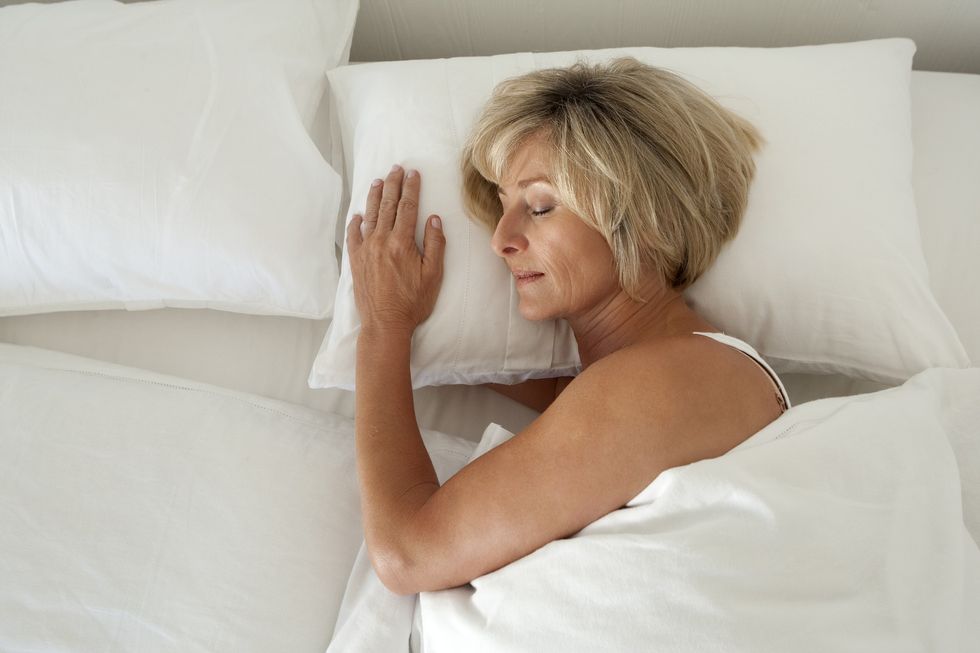Britons given weight warning as those who get less sleep are more likely to be diagnosed as obese

Not getting enough sleep can have a negative affect on your waistline
Don't Miss
Most Read
Latest
One of the many health benefits of sleep is that it can help you maintain a healthy weight.
In contrast, getting into the habit of sleeping less is correlated with being overweight.
According to a study published in the National Library of Medicine, people who sleep for less than six hours a night are more likely to be diagnosed as obese.
The research found that "short sleep duration was significantly associated with incidence of obesity, whereas long sleep duration had no effect on future obesity among adults".

There is a 'positive correlation between good sleep and healthy body weight'
|GETTY IMAGES
The Sleep Foundation said that it is not totally clear whether "getting less sleep is the cause of obesity in these studies, if obesity is causing the participants to get less sleep, or perhaps a mix of both".
Experts said: "Even though more studies are needed to understand this connection, experts encourage improving sleep quality when treating obesity in adults."
There is a strong connection between sleep and weight, with existing research suggesting that there is a "positive correlation between good sleep and healthy body weight".
A study published in the National Library of Medicine found that people who are sleep-deprived are more inclined to choose foods high in calories and carbohydrates.
What's more, sleep deprivation could cause dysregulation of the neurotransmitters associated with appetite, ghrelin and leptin.
The body increases and decreases the levels of these neurotransmitters all throughout the day, which signals the need for a person to consume calories.
The Sleep Foundation explained: "A lack of sleep may affect the body’s regulation of these neurotransmitters.
"This dysregulation of ghrelin and leptin may lead to increased appetite and diminished feelings of fullness in people who are sleep deprived."
Sleep deprivation could also mean less energy for exercise, which is a crucial way the body burns calories.
LATEST DEVELOPMENTS

'Experts encourage improving sleep quality when treating obesity in adults'
|GETTY IMAGES
How to get a better night's sleep
- Keep a regular sleep schedule, by winding down around the same time every day and waking up around the same time every day
- Use meditation techniques to relax before bedtime
- Create an environment conducive to getting a good night's sleep, for example by putting your phone on silent or investing in some effective curtains or blinds
- Limit blue light at night by turning off electronic device screens two or three hours before bed, and use a lamp that emits red or orange light rather than blue
- Reduce stress
Increasing the amount of sleep you get each night can have other major health benefits.
Britons were told the ideal number of hours they should sleep a night to maintain brain health and reduce their dementia risk.
Slimmers can also lose weight by making a daily swap at breakfast time. Weight loss gurus named the morning staple slimmers should "avoid".











